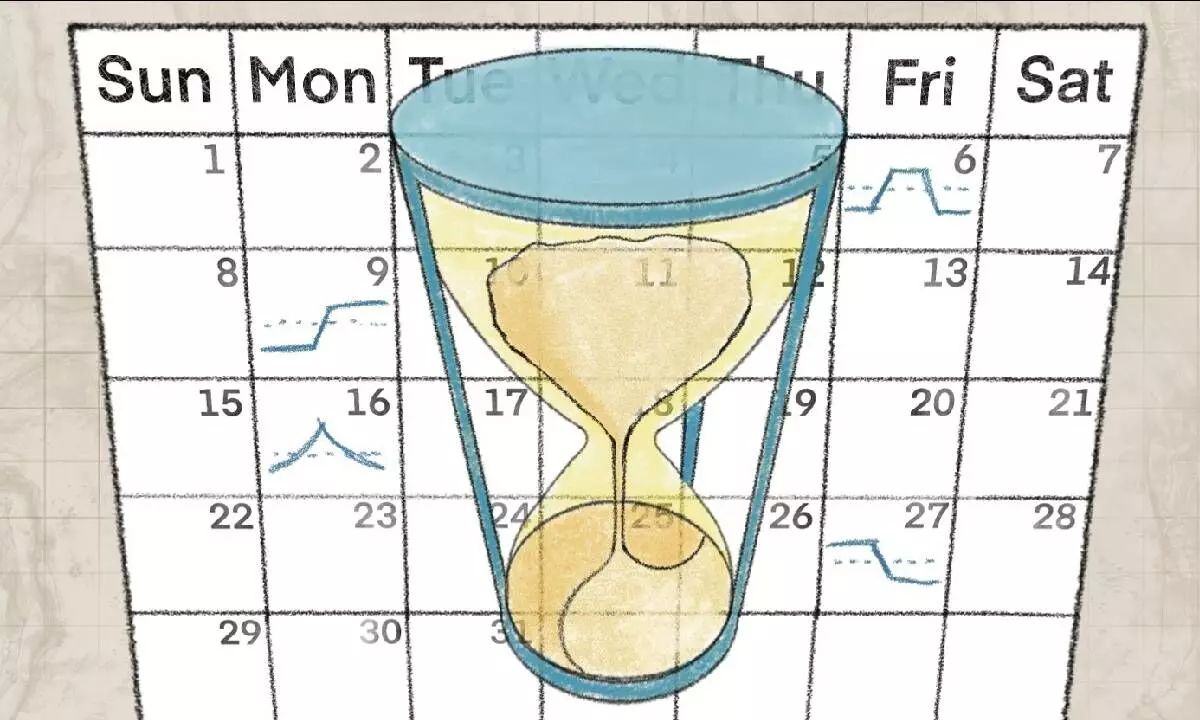Theta: Friend of options seller, foe of options buyer
The term ‘Theta’ refers to the rate of decline in the value of an option as time passes
image for illustrative purpose

Theta is one of the components of Greeks. It can also be referred to as the time decay of an option. Theta measures the inevitable loss in value that options experience as time passes. Of all the options risk measures, the passage of time is the one thing that’s certain.
The term ‘Theta’ refers to the rate of decline in the value of an option as time passes. This means an option loses value as time moves closer to its expiry, when everything else is held constant. Theta is generally expressed as a negative number for long positions and as a positive number for short positions. It can be explained as the amount by which an option’s value declines every day.
Theta is part of the group of measures known as the Greeks, which are used in options pricing. As you know options give the buyer the right to buy or sell an underlying asset at the strike price before the option expires.
The strike price, which is also called an exercise price, is set when the contract is first written, informing the investor of the price at which the underlying asset must reach before the option can be exercised.
The measure of Theta quantifies the risk that time poses to option buyers since options have an expiry. This is known as time decay or the erosion of the value of an option as time passes. An option’s profitability decreases as time goes on.
Because Theta represents the risk of time and the loss of value of an option, it is generally expressed as a negative figure for long positions. The value of the option diminishes as time passes until the expiration date. Since Theta is always negative for long options, there will always be a zero-time value when the option expires. This is why Theta is a good thing for sellers, but not for buyers - value decreases from the buyer’s side as time goes by, but increases for the seller. That’s why selling an option is also known as a positive theta trade as theta accelerates, the seller’s earnings on their options increase.
Let us understand theta with an example. Nifty spot is currently trading at 19,300 points, let us assume a Call option seller sells 19,500CE, which is trading at Rs17 approximately. It has a Delta value of -4.1. So, the probability of success from a Call option seller’s point of view is high. As the chances of this option becoming zero before expiry is more when other factors remain constant.
Is Theta Good for Options?
In options trading, a positive Theta equals selling time for a short options seller. As time moves forward, the option becomes cheaper, which is good for the seller. This option seller will realize a profit if the underlying asset is neutral, bearish for a short call, and bullish for a short put.
Which Option has the highest Theta?
The highest Theta is for at-the-money options and the lowest theta is for the furthest out-the-money and in-the-money options. For an option that is at-the-money or as close as possible, the absolute value of Theta rises as the expiration date is reached.
Does Theta Decay on Weekends?
Yes, Theta decays on weekends. Options models usually take into consideration weekends, so decay will occur over seven days for five trading days. To conclude, option sellers benefit from Theta value. It’s a friend of option sellers.
(The author is a homemaker, who dabbles in stock market investments in free time)

